To reduce interest expenses, borrowers can, for instance, refinance their loans or make additional payments. They can also take into account programmes that help with loan forgiveness and repayment.
1. Establish a spending plan.

It's crucial to create a budget that gives loan repayment top priority if you borrow money for education. Since interest accrues throughout deferment and forbearance, it's crucial to comprehend how student loans fit into your overall financial picture.
Figure out how much you make each month to start. The amount you can afford to contribute to your student loans each month will then be determined by dividing that sum by your monthly costs.
The proverb "earn more, spend less" may hold true for certain individuals, but if conserving money, taking on side projects, and cutting back on expenses aren't enough, think about refinancing student loans or enrolling in income-driven repayment plans. They can hasten the process of becoming debt-free by reducing your monthly payment. It is best to begin as soon as possible.
2. Make additional payments.

You can accelerate your debt repayment and come closer to your financial objectives by making additional student loan payments. Nevertheless, it's crucial to ascertain whether this strategy is appropriate for you.
Prior to depleting other assets and investments, you should confirm that you can afford the increased payments. Additionally, it's critical to ensure that any additional money you give goes towards your principal rather than interest, which could impede your progress altogether.
Increasing your monthly payment or applying any bonuses, increases, financial gifts, or other windfalls to your student loans are a couple of ways to accomplish this. Another option would be to move to biweekly payments, which would result in one additional payment annually. Additionally, you might be able to arrange for your repayment plan to apply any additional funds straight to the loan's main sum.
3. Exceed the Minimum Amount Due

A significant number of recent college graduates graduate with debt from their education. There are methods, nevertheless, that can help you save money and achieve other long-term financial objectives in addition to helping you pay off your debts more quickly.
Paying more than the required minimum each month will help you manage your student loan debt. You can accomplish this by designating any surplus funds or unexpected income—like bonuses or tax returns—to further student debt payments.
Making the switch from monthly to biweekly payments is another method to boost your payments. Over time, this can result in a large reduction in your interest costs, as it adds up to one extra payment annually. You can save money and pay off your student loan sooner if you make larger payments than the required minimum.
4. Utilise loan forgiveness initiatives.

For many borrowers, paying off their student loan debt is a top financial goal, so it's important to make appropriate plans. One method to expedite payback is to increase income, which can be achieved by looking for a job that pays more or even launching a side business.
Additionally, think about utilising loan forgiveness initiatives. These programmes can help borrowers pay off debt more quickly by significantly lowering the total amount owed. For instance, those who work for government or nonprofit institutions may be eligible for public service loan forgiveness, which lowers payments to a portion of income and stops interest from accruing on the debt. Additionally, debt consolidation allows borrowers with federal loans to prolong their repayment terms and reduce their monthly payments. But keep in mind that extended payback terms will ultimately result in higher interest rates.
5. Seek assistance with repayment.

While paying off student loans takes time, there are ways to speed up the process and get closer to financial independence, such as refinancing, making additional payments, and setting up automated payments. Additionally, instead of treating yourself to a splurge, think about paying off debt with any "found money" you may have received from a bonus, commission, financial gift, unanticipated tax refund, or other windfall.
Lastly, look into loan forgiveness programmes that can lessen the amount of money you have to repay. For example, the Biden-Harris Administration's new income-driven repayment plans will eliminate residual debt after 10 years and limit future monthly payments for lower-income borrowers to 5% of discretionary income. There are other loan forgiveness programmes offered by states, corporations, and educational institutions. Find them and use them to your advantage.
Recommended Reading: The Laws Concerning the Formation of an Internet Company


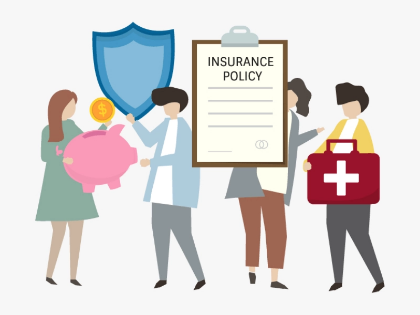

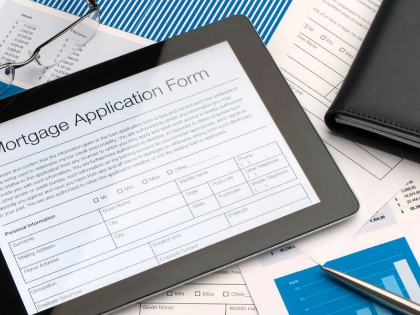




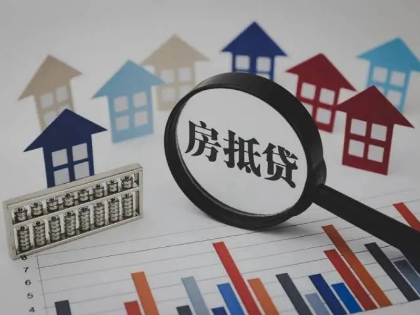







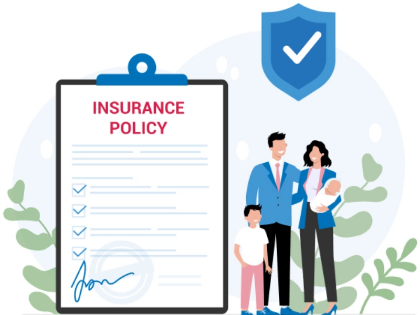



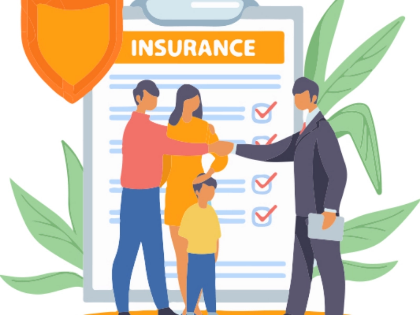
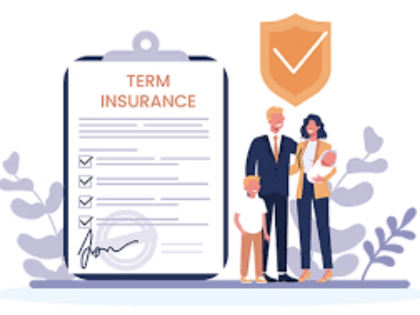

That’s a resilience builder.
A polished minimal core.
Builds decisional muscle memory.
This refracts the issue productively.